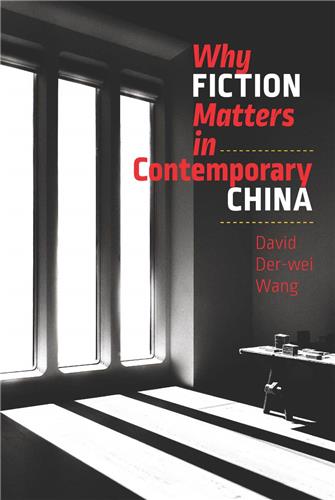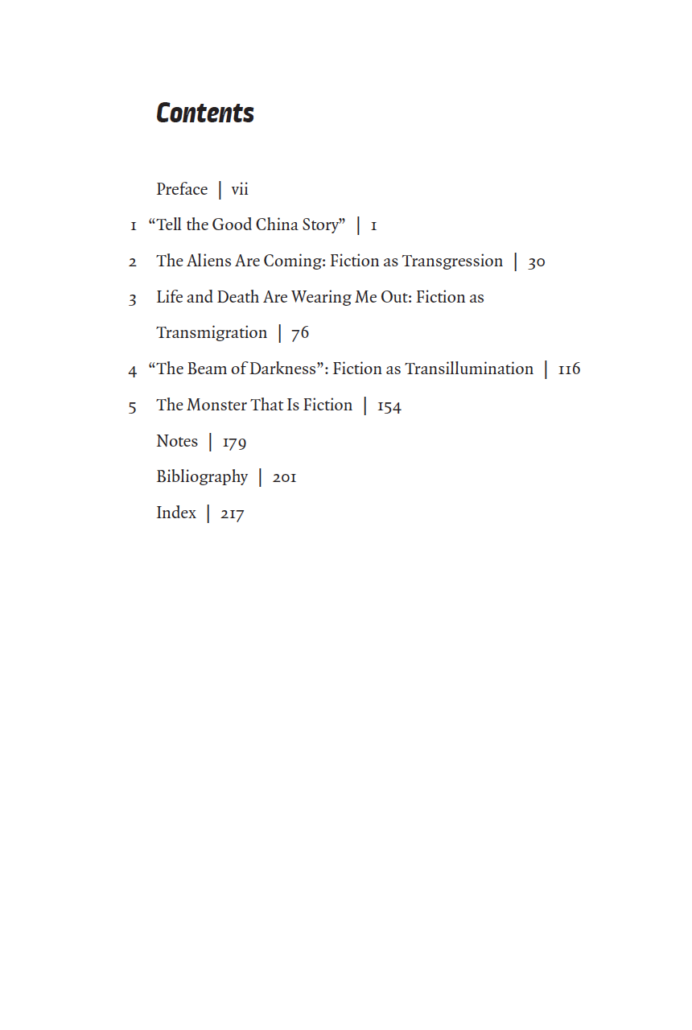Fiction provides one of the most polemical ways to engage with Chinese realities. David Wang, in this masterly study, shows how fiction has come to step in whenever history failed to address the horrors of human experience in China.
There is an intricate relationship between the arts and politics in China that provides the artist with a lot more—at least potential—power (and responsibility) than in other systems. In the Great Preface to the ancient Book of Songs already, the poet is called upon, by way of his art, to criticize not just those below but those above as well. The Chinese, then, is a system that provokes engaged art, so to speak—both for and against dominant political Truth. In times of political closure, this power of the artistic world comes to play even more significantly. In Why Fiction Matters in Contemporary China, David Wang illustrates that poetic allusion and ambiguity are ways of offering alternative Truths. Even during the most coercive years of the Maoist era, when official propaganda proliferated with red heroes, they would take on entirely different colours in stories circulated underground. In China, then, fiction matters as an alternative way of and a response to speaking Truth—dark as it is, Chinese fiction begets hope and light.
One of the most prolific scholars of sinophone fictional realism in China’s long modernity 20th century, David Wang traces, in this book, some of the important gestures of what he calls the “storytelling turn” in modern China, elaborating different positions from Liang Qichao to Xi Jinping and by reading them (and their different ways of dealing with China as obsession) through the eyes of important (post)modernist thinkers such as Walter Benjamin, Hannah Arendt, Mikhail Bakhtin and Gilles Deleuze, opening up a new horizon for dialogues between China and the world. His book serves to decenter the discourse of storytelling by showing that, in China and far beyond, fiction may be taken not so much as simulacrum but as social communication, a carnivalistic enterprise, between mythmaking, fabrication and fabulation, a path to finding alternative Truths—an “anomalous form of historiography.”





